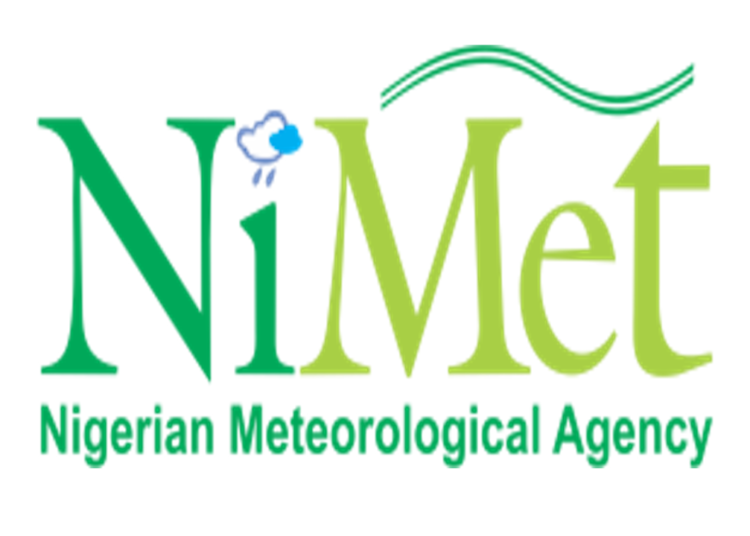The Nigerian Meteorological Agency (NiMet) has implemented a centralised Secure Aviation Data Information Service (SADIS) API platform, positioning Nigeria as a pioneer in African modern aviation weather technology.
This milestone upgrade enhances flight safety, strengthens operational efficiency, and future-proofs the country’s aviation meteorological services in line with international standards.
While commending the ICT team and participants for their dedication, Professor Charles Anosike, director-general/CEO of NiMet and permanent representative of Nigeria with WMO, said, “This innovation demonstrates NiMet’s leadership in embracing modern technologies that strengthen aviation safety and efficiency while ensuring compliance with ICAO and WMO standards. The SADIS platform is critical in modernising Nigeria’s aviation weather services.”
He said NiMet’s SADIS deployment provides key aviation datasets, including WAFS Gridded Data (icing, turbulence, cumulonimbus, and tropopause height), WAFS Significant Weather (SIGWX) (jet streams, volcanic ash, and tropical cyclones), and Operational Meteorological (OPMET) Data, such as METAR, TAF, and SPECI reports.
The SADIS API, operated by the UK Met Office under the International Civil Aviation Organisation (ICAO) remit, provides programmatic access to World Area Forecast System (WAFS) data sets and other critical meteorological information.
It replaces the legacy SADIS FTP system with a modern, System-Wide Information Management (SWIM)-compliant platform capable of delivering higher-resolution data in real-time.
He also noted that this transition has given Nigerian aviation stakeholders more secure, instant access to essential forecasts, charts, and observations, supporting safe, reliable, and cost-effective flight operations nationwide.
Nigeria, With this milestone, has also become a pioneer in Africa for integrating modern SADIS technologies into national aviation operations. Pilots, forecasters, and aviation operators will now benefit from faster, more reliable access to critical weather data, ensuring safer, more cost-effective, and more competitive flight operations nationwide.











